
Honeymoon Day Two!
Estimated reading time: 13 minutes, 22 secondsNext Stop: The Promised Land
“Are you ready for the Promised Land,” I asked as we sat in our rented red VW beetle in the hostel parking lot. I knew we both wanted to return forever to the waterfall, but the practical constraints of life prevented us from making that decision. I leaned over and kissed Jan and knew our love would never die, that it would survive and thrive from any challenges that may lay ahead.
I felt as if we were in the promised land when we were in the waterfall,” Jan responded. “I want us to go to Israel one day together, but I will settle for the state park tonight.”
I chuckled as I turned the ignition and shifted into reverse.
Jan’s hair was blowing in the wind as we drove in silence with the windows lowered.
I finally broke the silence as we approached the country store less than a mile from the camp office.
Do you have a list of what we need,” I inquired.
I then continued to speak without fully thinking. “I had never gone skinny dipping or felt so close to anyone. I am glad we waited to consummate….”
Realizing that I was about to reveal the truth to Jan, I halted mid-sentence.
Jan did not speak for a minute, and I hoped she had not heard what I said due to the sound of the wind blowing on the widows.
“Yes, I know what we need. But what were you about to say?”
“All I said was how much I enjoyed skinny dipping with you.”
No, you started to say we had waited to consummate our marriage. I thought we did that on our wedding night.
I parked in front of the country store and started to get out of the car.
Wait,” Jan said. Why didn’t you do what I asked you to do after our wedding?”
I thought about saying that we had to avoid conflict, but I knew the only option was, to be honest with her.
Taking a deep breath, I spoke.
Jan, I wanted to make love to you on our wedding night. I wish to all the time, especially after the marriage ceremony. But you were drunk and asked me not to make love to you but to penetrate you so we could say we had done it. I would not do that to anyone, intoxicated or not, especially the love of my life.”
I paused for a moment and then continued.
I had hoped when we woke up, we could make love, but we did not have time.
Jan smiled at me, and I stopped talking and exited the car.
I stepped onto the wooden porch, ready to shop, and put our conversation behind us.
Jan reached out for my hand.
“Wait, I have something to say to you.”
I stood still and nervous as she looked at me intently.
How did I end up marrying the most wonderful man in the world? I am happy we could consummate our marriage in the waterfall instead of the way I had requested. Making love to you is always better than just having sex.”
Jan paused, and I was unsure if I should move or stand still.
But I did not do what you asked me to do after our wedding.”
Jan shook her head.
“Richard, you did what was best not only for me but for us. I love you! Now and forever.”
We hugged so firmly that I was sure our souls would merge again.
“Let’s shop and get to the promised land.”
The Jan Lilien Education Fund sponsors ongoing sustainability and environmental awareness programs. All donations are tax-deductible.

This work is licensed under a Creative Commons Attribution-NonCommercial 4.0 International License.
After almost 48 years, I recently lost my wife, Jan Lilien. Like The Little Prince, Jan and I believed that “The most beautiful things in the world cannot be seen or touched, they are felt with the heart.” This blog is a collection of my random thoughts on love, grief, life, and all things considered.


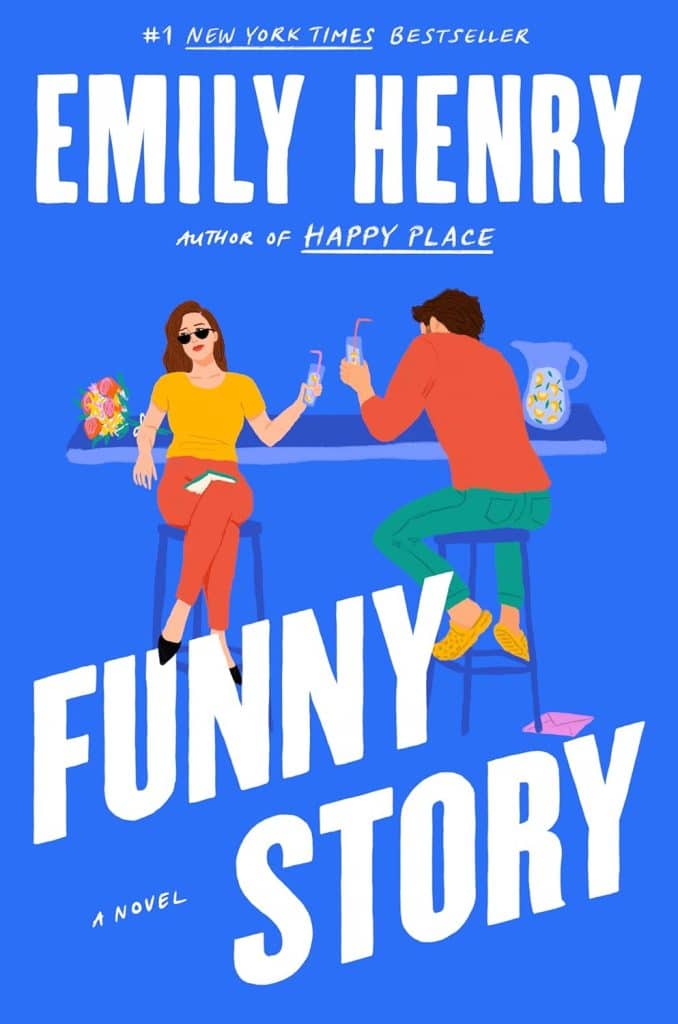
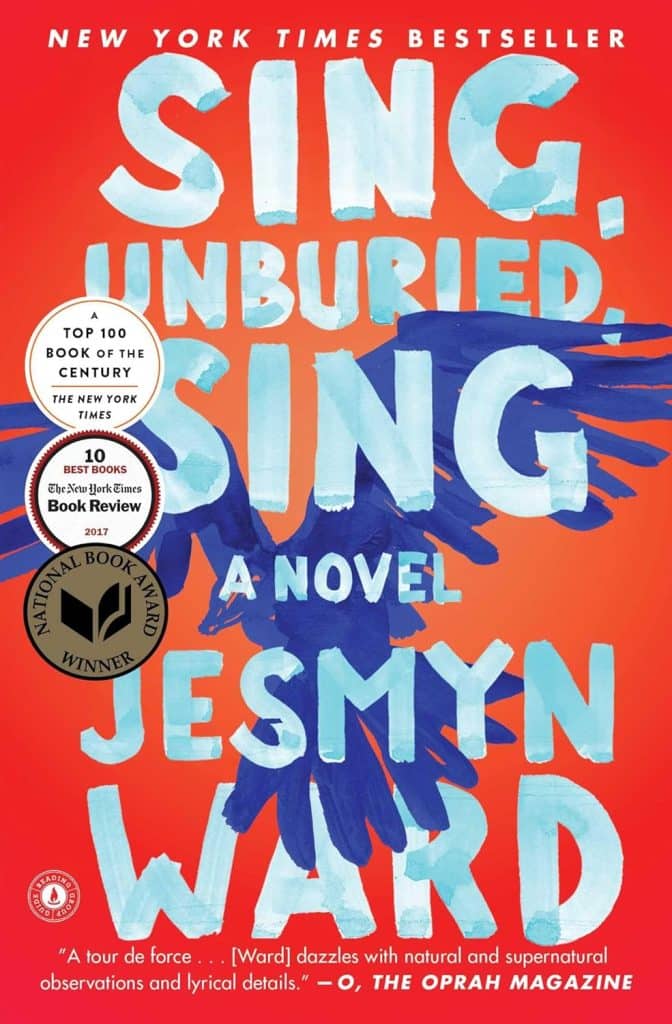
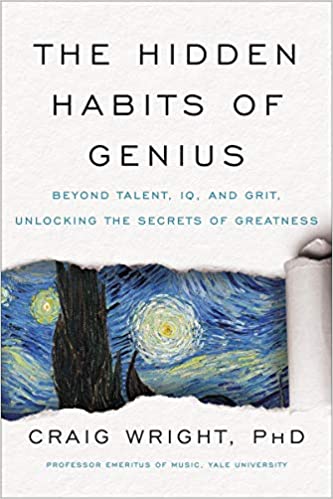
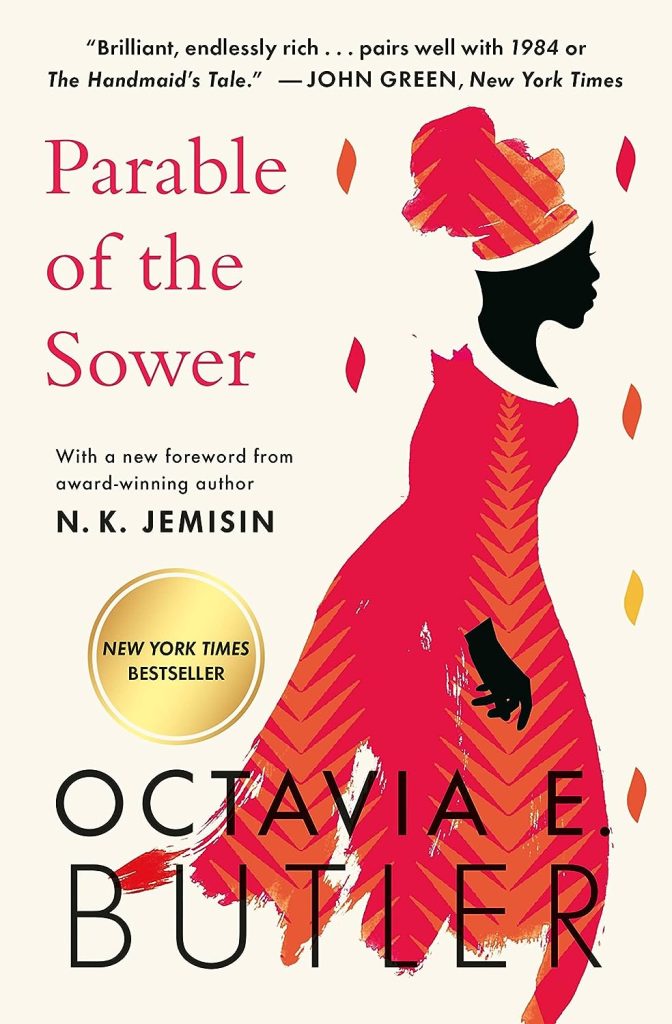
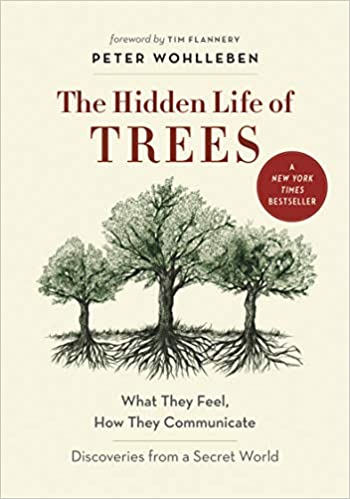
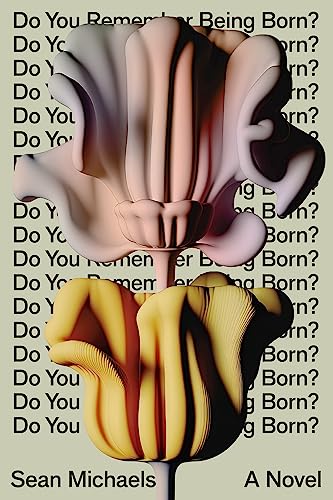
What a beautiful love affair-you were lucky to have found each other.
What about this dog bite-were you okay? Did you have to have a shot?
Thanks, Sue, for your comment. Jan and I had a love that I always thought was like everyone else’s. Jan and I had our souls divided at birth, and finding each other allowed us to reunite our souls and have one soul, one love, now and forever.
Regarding the dog bite, I wrote about it in detail in Road Trippin in 1973. The dig bite was severe and could have been worse if I had listened to the hostel manager and accepted her plan to use band-aids.